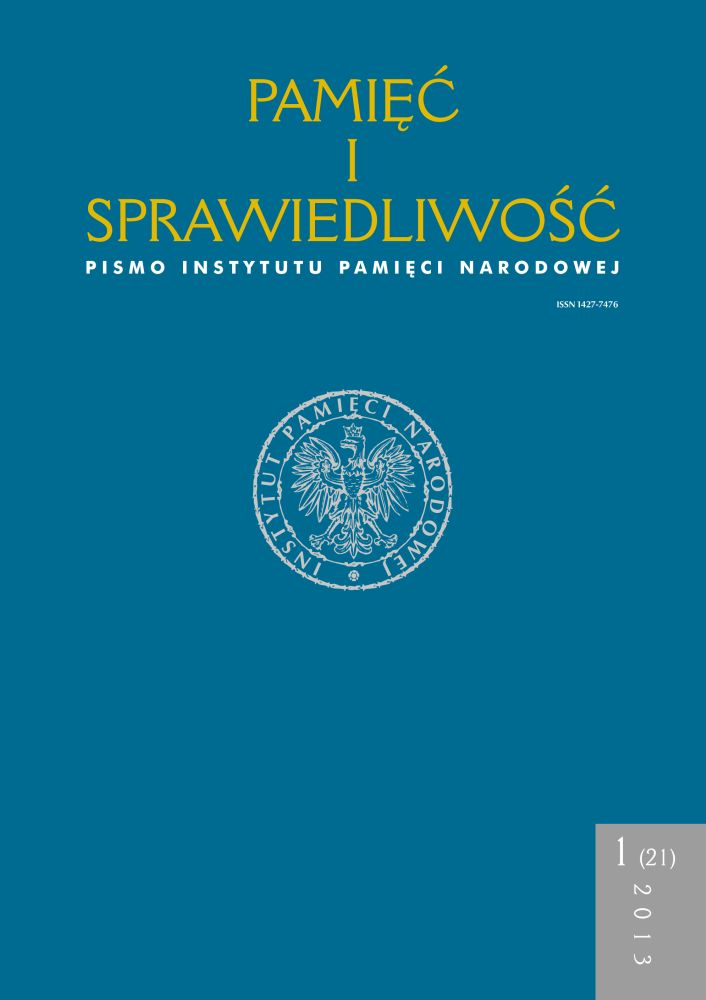Międzynarodowi terroryści w PRL – historia niewymuszonej współpracy
International terrorists in the Polish People’s Republic – a history of effortless cooperation
Author(s): Przemysław Gasztold-SeńSubject(s): Politics / Political Sciences, History, Recent History (1900 till today), Post-War period (1950 - 1989)
Published by: Instytut Pamięci Narodowej
Keywords: International terrorists; Polish People’s Republic
Summary/Abstract: The declassification of many archives of the former secret services of the Eastern bloc countries proved how greatly some authorities were engaged in cooperation with international terrorism. Practically all Soviet bloc countries provided material and financial help to the Palestine Liberation Organization and to its various extremist fractions. Communist Poland was also supporting international terrorist organizations, secessionist or revolutionary movements. The world’s famous terrorists such as Carlos “the Jackal”, Abu Nidal, Abu Abbas or Abu Daud found the safe haven behind the iron curtain. They were usingthe Polish People’s Republic as a country where they can rest and prepare for another terrorist attack. The authorities of the Polish United Workers’ Party were well aware of the fact who they were really dealing with. Despite this knowledge, the Polish security apparatus allowed them to freely pass the borders and organize various meetings. International terrorists were using the Cold War bipolarization for their own struggle and, what is very important and significant, the Polish governments allowed them also to earn money in Poland. The Polish relations with some Arabic terrorist organizations date back to theseventies. In exchange for scholarships and free pass, radical activists promised not to attack the targets on the Polish soil. Even so, in August 1981, there was an attempt to murder Mohammed Oudeh, better known as Abu Daud – the mastermind of the ’72 Olympics Attack in Munich. He was shot six times in Warsaw’s Victoria hotel but he managed to survive. The files from the investigation show us that the Polish secret services were probably protecting the shooter, who was connected with the Abu Nidal Organization. In my article I present other spheres of cooperation between the Polish security apparatus and the members of international terrorist organizations. I reveal dates, names, and purposes of their visits to Poland. I also discuss other terrorist activities, which were not controlled by Polish counterintelligence. Finally, I attempt to answer the question why Polish authorities agreed to cooperate with terrorist organizations.
Journal: Pamięć i Sprawiedliwość.
- Issue Year: 21/2013
- Issue No: 1
- Page Range: 275-315
- Page Count: 42
- Language: Polish

